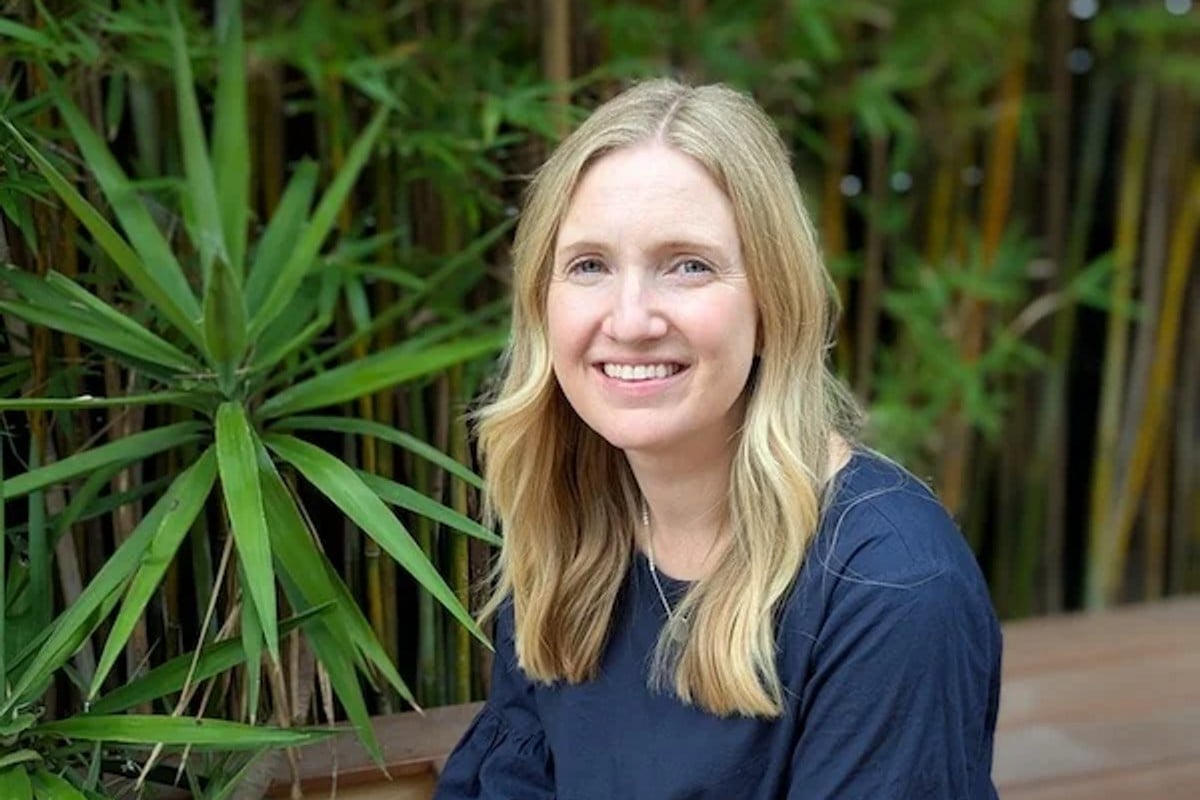
I've treated psychosis for over a decade as a clinical psychologist. After the birth of my first child, I developed psychosis myself — and I didn't see it coming.
I remember when the nurse gave me the standard discharge talk after my daughter was born. When she got to the part about watching out for the baby blues and any mood changes, I smiled confidently and said: "Don't worry, I'm a psychologist."
We both laughed.
I mean, who better to spot mental illness than someone who treats it professionally?
My moment of clarity finally came eight months after giving birth. I was sitting across from the sixth psychiatrist I'd seen, in my fourth inpatient facility.
The diagnosis I'd been given, 'postnatal depression,' had been bouncing off my brain like food off a non-stick pan but this time, it finally stuck.
'You are suffering from a major depressive episode in the postpartum period, it's a severe episode with psychotic features,' he said matter-of-factly, notepad in hand, trainee doctor by his side.
I froze. "Psychosis! What do you mean?"
"Your beliefs about your perceived parenting mistakes have taken on a delusional intensity, they have completely taken over your life," the psychiatrist said. "What you are experiencing are called delusions of guilt."
Left alone in my room, I grappled with the diagnosis.
Psychosis? Had I experienced a loss of contact with reality?
Watch: Defining Stress Spirals Vs. Healthy Stress. Post continues after video.




























































































